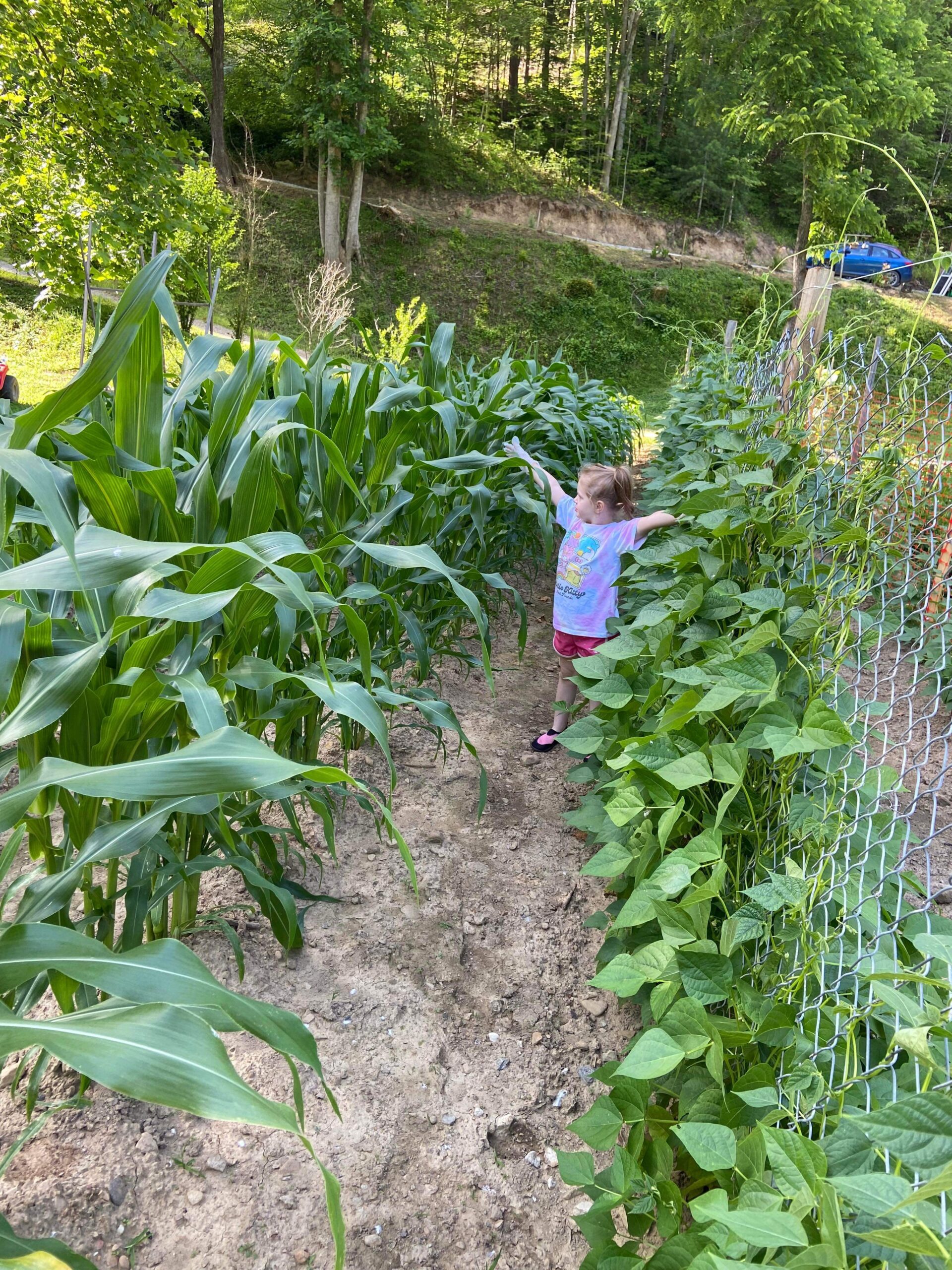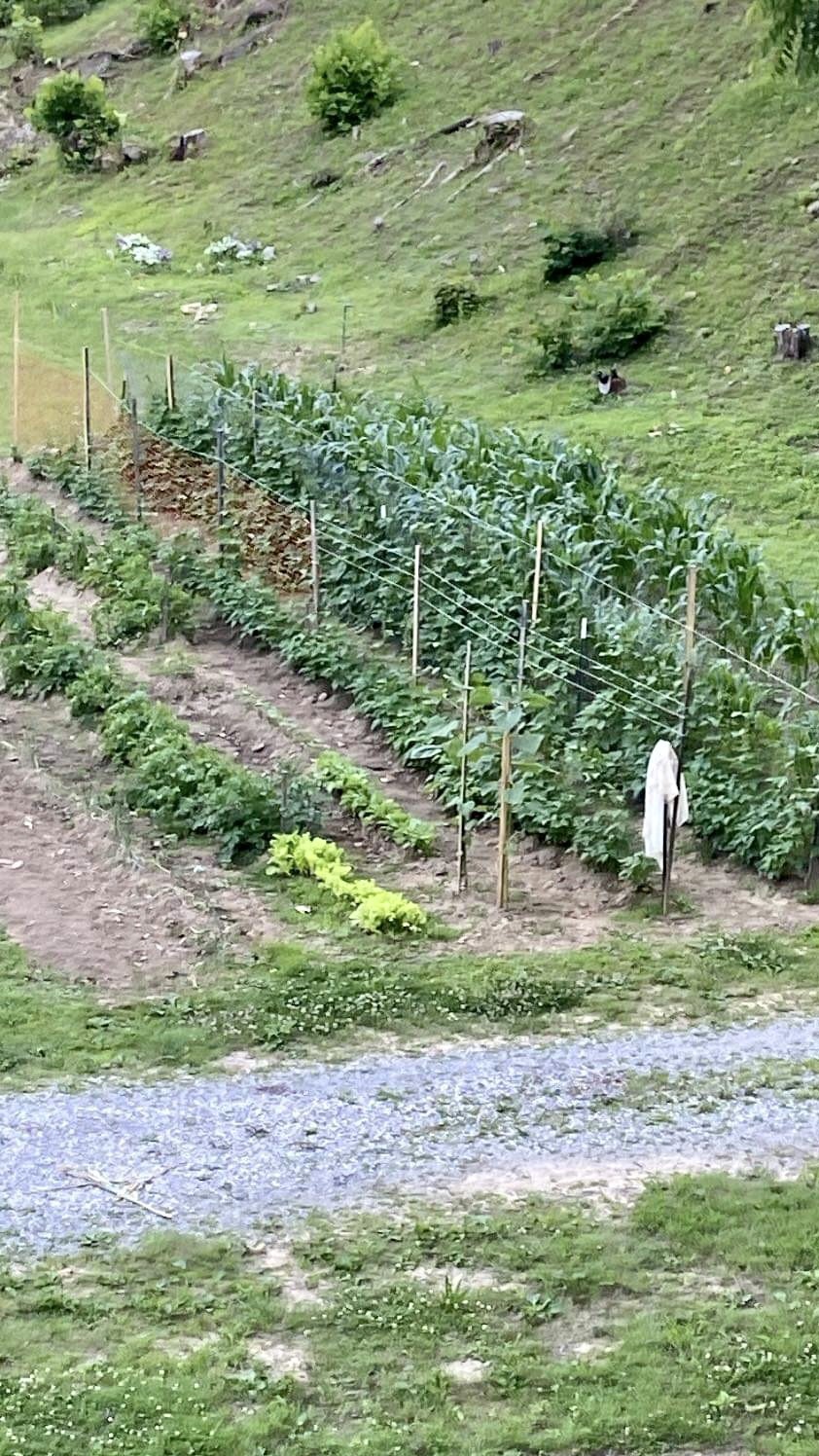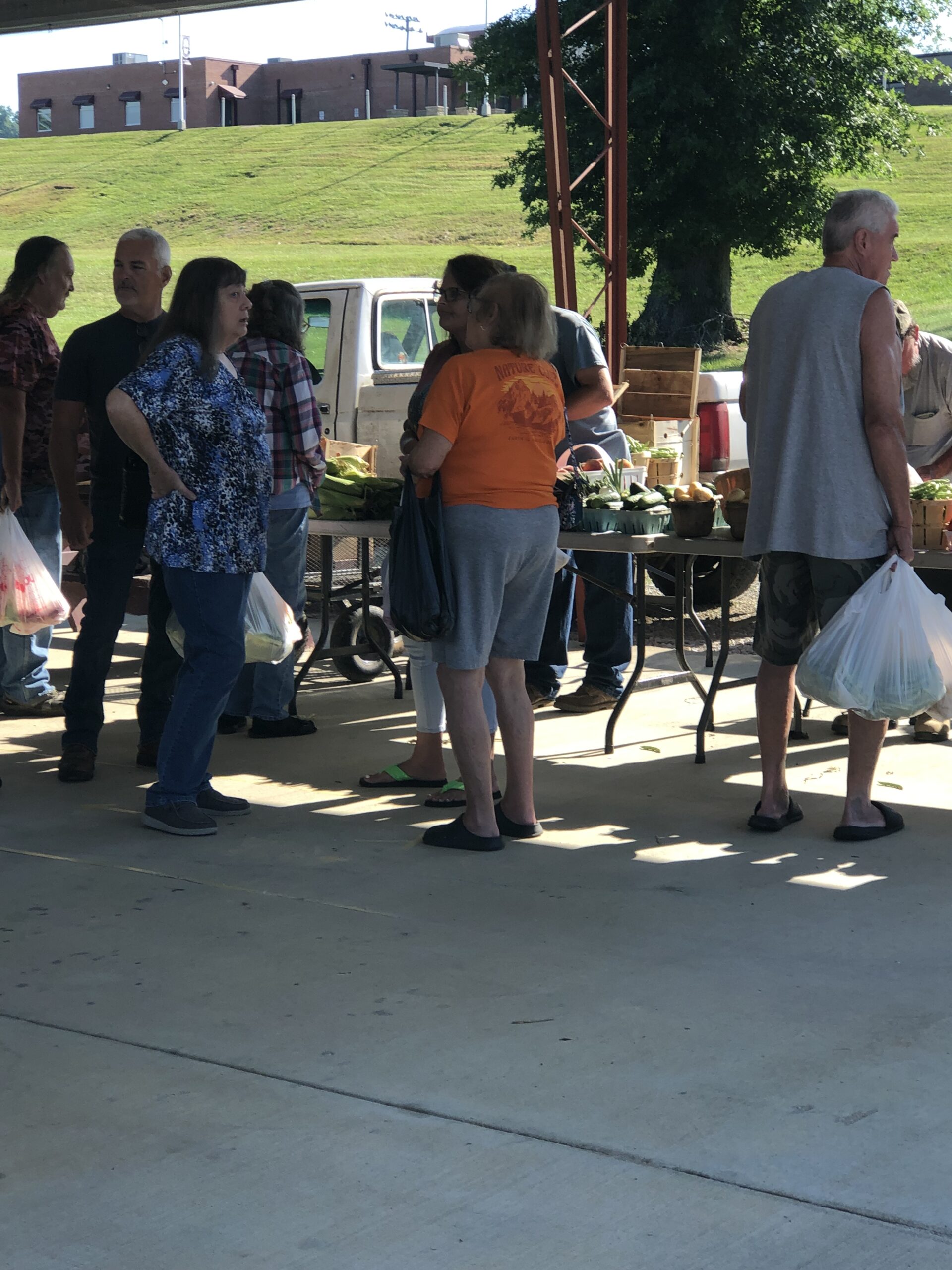As June arrives in Kentucky, gardens are in full swing, showcasing all the vegetables and flowers we have planted this spring. Our workshops are helping participants ensure that their garden continues to thrive by putting the focus on a few key garden maintenance tasks and beginning to look forward to heart healthy cooking methods along with shopping for heart healthy foods at local farmers markets for foods not yet in production in our gardens.
Here’s some basic garden maintenance tips to help you maintain your garden and enjoy a bountiful harvest.
Basic Garden Maintenance Steps
1. Watering
Consistent, adequate watering is crucial, especially as temperatures rise. Water early in the morning or late at night to reduce evaporation and allow plants time to absorb moisture before the heat of the sun dries it up.
2 Thinning
Thinning is essential for the carrots and radishes. It’s also time to harvest the radishes. By removing excess seedlings, remaining plants will grow larger and healthier. This process improves air circulation and reduces competition for nutrients and water.
3. Mulching can help with weed control.
Applying mulch helps retain soil moisture, suppress weeds, and regulate soil temperature. Use organic mulches such as straw, grass clippings, or shredded leaves. Spread a layer of mulch around your plants, ensuring it doesn’t touch the stems to prevent rot.
4. Fertilizing
Mid-June is an excellent time to fertilize your garden. Our participants chose to use organic options Mountain Pride Fertilizer from the Berea College Farm which was a new concept for our first year participants.
5. Cultivating
Cultivating the soil around plants helps aerate the soil and promote healthy root growth. Gently break up the soil surface using a hoe or garden fork. This process also aids in weed control by disrupting weed roots and making it harder for them to establish.
6. Weeding
Weeding may be the most important June task. If you get behind just a couple of days, your garden can quickly get lost in the competing vegetation. Hand-pulling to get the roots and hoeing is an essential task. Transport the weed debris out of the garden area. Leaving them can cause disease and regrowth.
7. Pest and Disease Control
June is a critical month for monitoring pests and diseases. Inspect your plants regularly for signs of trouble, such as holes in leaves, discolored foliage, or unusual growth patterns. Our group has already used organic pest control neem oil since our cabbages have been under serious attack.
June Harvest
We have been harvesting our early spring cold weather veggies and getting our ground ready to replace those spaces in our gardens with more tomatoes, peppers and beans to extend our harvest season. June is also when
June at the Owsley County Farmers Market
June is also the month that our local farmers market kicks into full swing. To coincide with the market, we are introducing our first year participants to the market with an onsite training for garden maintenance, healthy heart shopping at the market with healthy recipes from our program and one of our community partners, MCHC.
One of our previous FFA members who is also one of our program participants, Michael Mason, a previous market vendor, planned his crops to coincide with the market opening. More participants are planning to join at the market as well, but the first year is a learning experience with getting the timing and the yields in line with the market schedules and the consumer demands.
Next up: Food Preservation, More Heart Healthy Cooking and Seed Saving







Leave A Comment